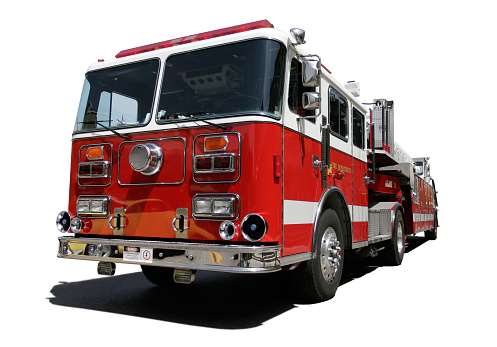Fire took place in Haldimand County
By Diego Flammini
Assistant Editor, North American Content
Farms.com
Almost 100 firefighters representing fire crews from Haldimand County, Six Nations, Brant County and Hamilton were needed to contain a fire on a Haldimand farm.
The fire began at about 3:00pm on July 22 at Clark Poultry Farms, near Caledonia. The fire started out small enough but quickly destroyed 50 acres of wheat and a fire truck, while another fire truck was severely damaged.
Barns that are home to thousands of chickens were saved.

Getty
Haldimand County firefighters responded initially but determined they needed more help.
“So we quickly upgraded to a multi-station response as we started fire suppression efforts,” fire Chief Rob Grimwood told CTV News. “There was a really dramatic change in the wind direction that caused rapid fire spread and started pushing the fire towards numerous buildings.”
Neighbours were shocked how quickly the fire spread.
“I couldn’t believe how quick it took off,” Jean Smith, who lives across the road from the farm, told CTV News.
“Within three minutes the whole field was almost on fire and as high as the chicken barns in the back.”
It’s unknown whether the extreme dry conditions or an issue with the combine caused the fire to start.
Damages to the fire trucks are estimated at $500,000.